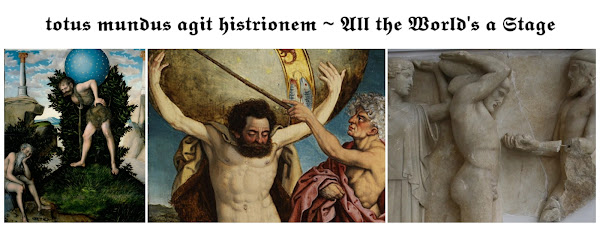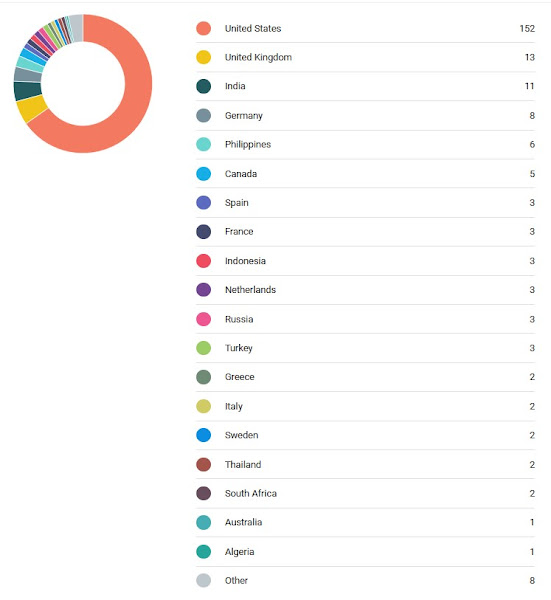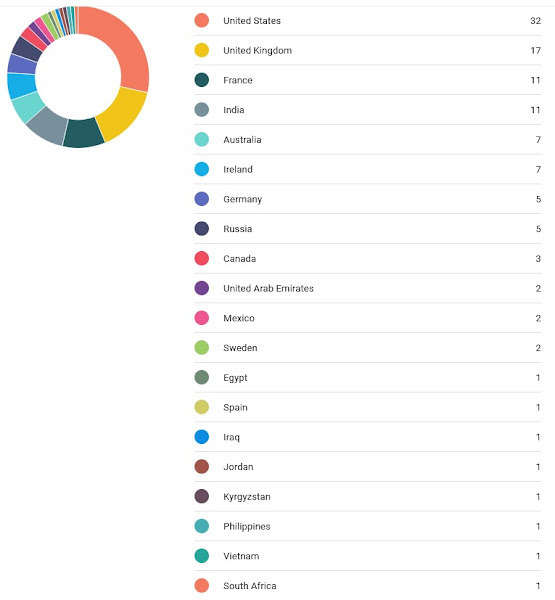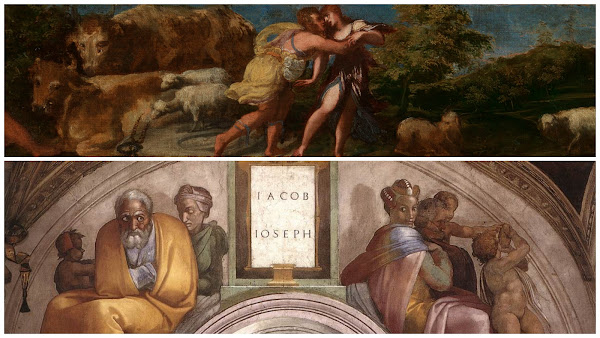"Hercules and his load," not Atlas at Shakespeare's Globe?

Rosencrantz in Shakespeare's Hamlet speaks of "Hercules and his load" (2.2.384-5) [1], which some take to be a reference to the sign or flag displayed at the Globe Theater in Shakespeare’s lifetime. [2] Was it Hercules on the sign, not Atlas? Or does Hamlet refer to Hercules for its thematic connections, while the sign actually displayed Atlas? In an Elizabethan context, the references are fraught with political implications: Atlas was a Titan who had led a rebellion against the new order of Gods on Olympus, but failed: His punishment was to hold up the world. In one story, Hercules temporarily held the world while Atlas did him a favor: [3] Hercules was a son of Zeus by one of many affairs with mortal women. Zeus’ wife Hera was jealous and tried to destroy Hercules. In one such effort, Hera made Hercules crazy, and he killed his wife and children. Grief-stricken Hercules was given labors to overcome his grief. One involved holding the world for At





